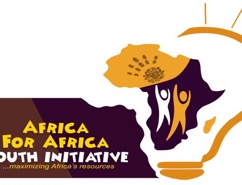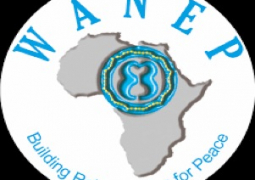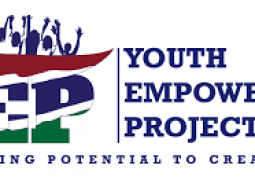
Furthermore, as part of Agenda 2063, the African Union (AU) has developed various youth policies and programs to leverage the demographic dividend.
More efforts can be done to enhance the voices of youth in security, especially in multilateral settings.
Enhancing the impact of peace and security policies and strategies can be achieved only through a deep understanding of young women’s and men’s particular live experiences of violence, injustice and exclusion, both in situations of violent conflict and in contexts of inequality, insecurity or uncertainty outside conflict settings.
Discussions of how to take a new, more inclusive, approach to youth, peace and security (YPS) should build on the experiential knowledge and perspectives that youth themselves bring to the table, as well as their potential contributions to solving complex problems that African security sectors and their counterparts continue to face.
Such discussions should also examine the trends of youth demography, peace and security in Africa and assess the state of current continental, regional, national and local commitments to include youth in building peace and providing security in African countries.
They should identify any lessons learned and promising practical approaches for strengthening youth to realize their potentials in preventing violence and sustaining peace and security in Africa.
African governments are determined to realize the commitment to leaving no youth behind, as it has long been recognised that youth are the engine of growth and an essential pillar for any development.
The goal for the sector is therefore premised on secured sustainable livelihood for youths through skills development, decent work and excellence in sport.
Under this theme, the major interventions include: creation of employment opportunities and entrepreneurial skills for youth; strengthening institutional and technical capacity of youth services agencies; strengthening existing youth employment and entrepreneurship programmes; advocacy programmes and policy dialogue platforms on youth employment and entrepreneurship.
Other interventions under the theme are youth development fund; entrepreneurship and skills development programmes for persons with disabilities, including financing multipurpose youth friendly service centres across the continent.
Also the topics include increasing and improving young people’s access to quality health services such as Sexual and Reproductive Health; incorporation of rights-based approach to youth planning and programming and the promotion of excellence in sport.
Special programmes will be designed and implemented to facilitate the placing of returning youth migrants into productive employment on the continent.
Source: Africa Youth





